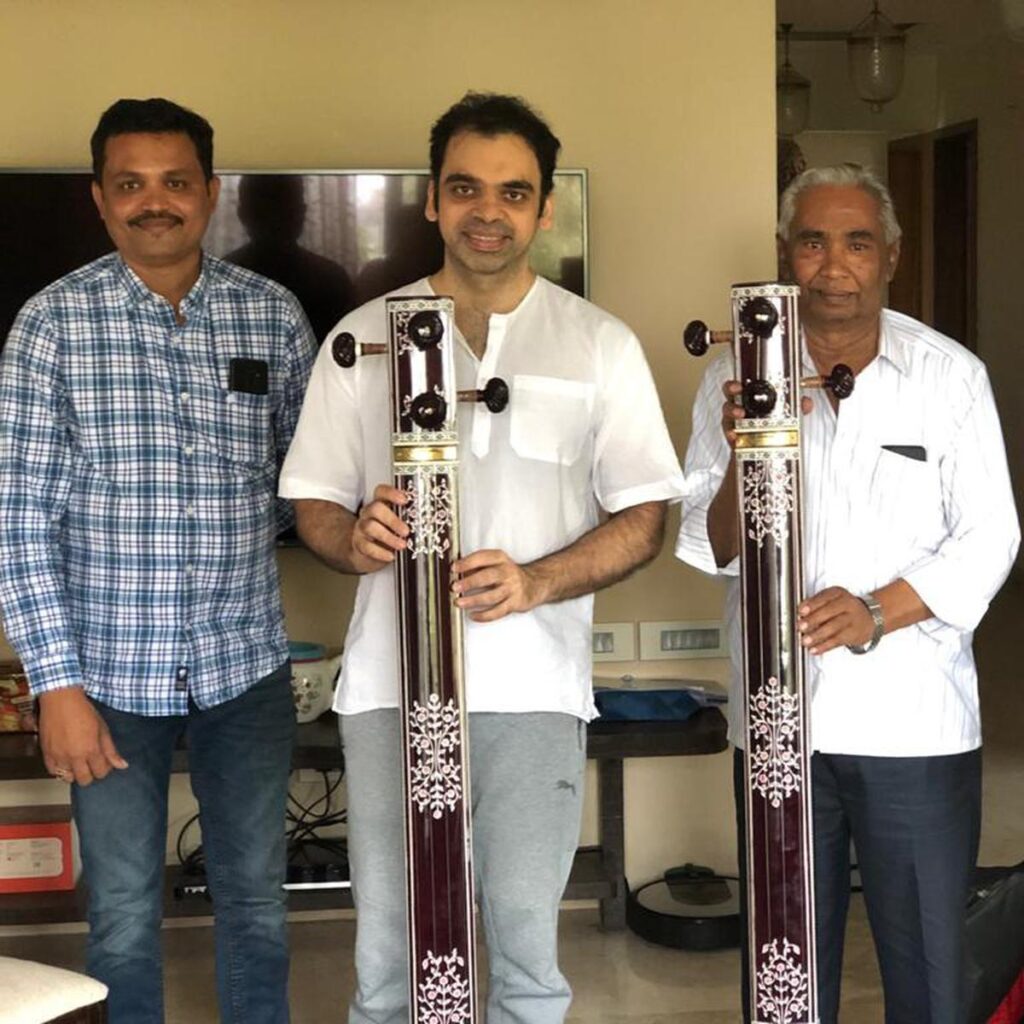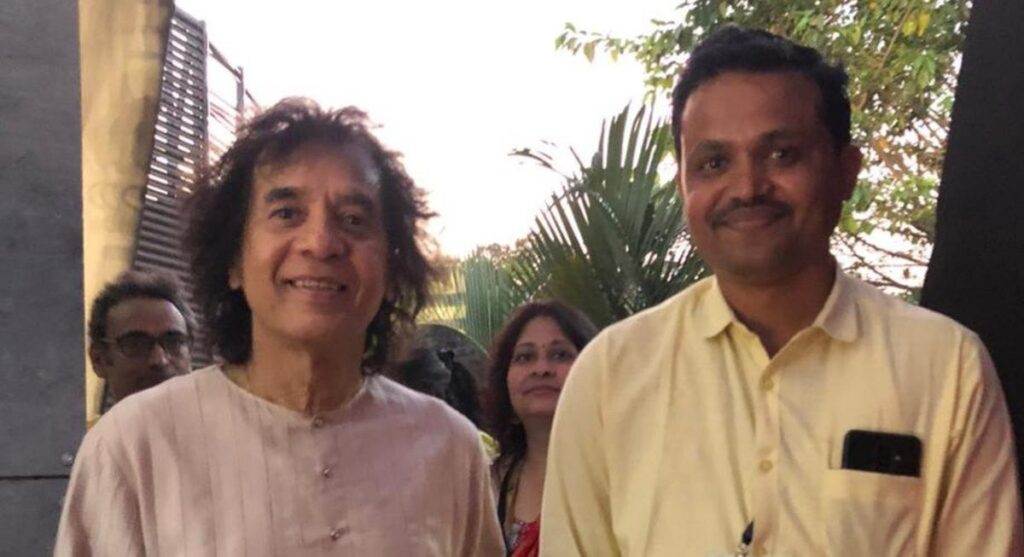Margao, GOA :

Founded in 1988 by Mohammed Ismail, Seahath Canning Company has evolved from a small family-run business into a major player in the global canned seafood industry. Managed by four generations of the Ismail family, the company’s remarkable journey from manual to mechanized processing reflects both its growth and resilience.
The company, which started with a focus on the North East Indian market, has expanded its reach, now supplying canned seafood to Angola, Libya, Turkmenistan, Dubai, Lebanon, Iraq, Yemen, Saudi, Djibouti, Somalia, Togo, Congo, Uganda, Bangladesh, Nepal, Ghana, the Indian Navy, Assam Rivalry and the Indian Army.
Seahath Canning, based in Goa’s Margao Industrial Estate, began its operations in an environment where it faced stiff competition from other companies serving similar markets in India, Thailand, and Myanmar.
The turning point came in 2006, when Seahath received its first major export order from Dubai, African countries, requesting 100 containers of canned sardines. To handle such volumes, Ismail’s sons—Asif, Anis, and Akif—began exploring automation, visiting factories in Indonesia, and integrating high-speed production machinery into their operations. The company’s production line shifted from manual to automated systems, ensuring efficiency and quality.
This investment in technology proved invaluable as Seahath continued to grow, securing more UN contracts and diversifying its client base.

In 2009, Seahath also began supplying the Indian Army with canned seafood, including tuna and mackerel, solidifying its position as a trusted supplier of high-quality seafood. Locally, the company launched its “Oceans Secret” brand in 2008, which catered to the general public, marking a significant step in moving beyond the North East Indian market.
Today, Seahath Canning has expanded to export canned seafood across the Globe – Has a Manufacturing Hub in Goa (India) a distribution Hub in the Middle East, and Africa, and Exporting to 17 countries.
Distribution Hubs – Lome (Togo), Dubai, Saudi, Ghana
Exports – Angola, Libya, Turkmenistan, Dubai, Lebanon, Iraq, Yemen, Saudi, Djibouti, Somalia, Togo, Congo, Uganda, Bangladesh, Nepal, Ghana across Africa, the Middle East, and beyond, including Angola, Ghana, and Zimbabwe.
The company’s commitment to quality is evident in its stringent processes, which involve constant laboratory testing and quality control checks from procurement to packaging.
Seahath’s facilities also boast state-of-the-art machinery sourced from Thailand, China, and Europe, enabling them to manufacture 50,000 cans per day.

Ismail credits the company’s success to a balanced approach of reinvesting profits into the business, maintaining quality, and supporting social causes.
In line with these values, Seahath has provided jobs for over 500 laborers and operates without relying on bank loans. Ismail’s philosophy of social welfare, alongside business growth, has helped foster a thriving enterprise.
Seahath’s future looks bright as the canned food industry in India, particularly in urban markets, continues to grow. With a focus on convenience and quality, the company is now experimenting with ready-to-eat food options, including seafood and chicken, to meet evolving consumer demands.
As Seahath Canning continues to expand, it remains committed to responsible fishing practices, sustainable seafood sourcing, and food safety certifications like ISO 22000:2008 and HACCP.
source: http://www.thehindustangazette.com / The Hindustan Gazette / Home> News> Motivational Story / by The Hindustan Gazette / January 09th, 2025










